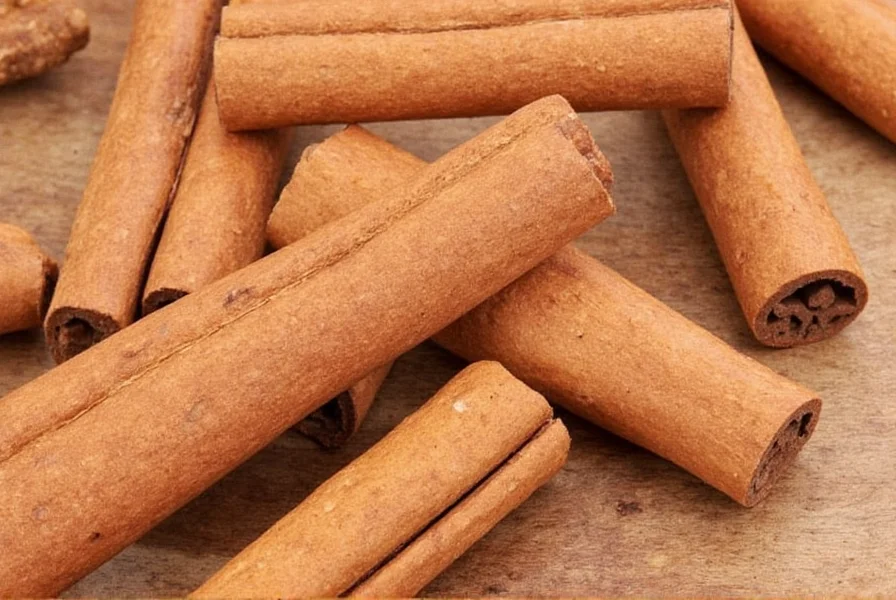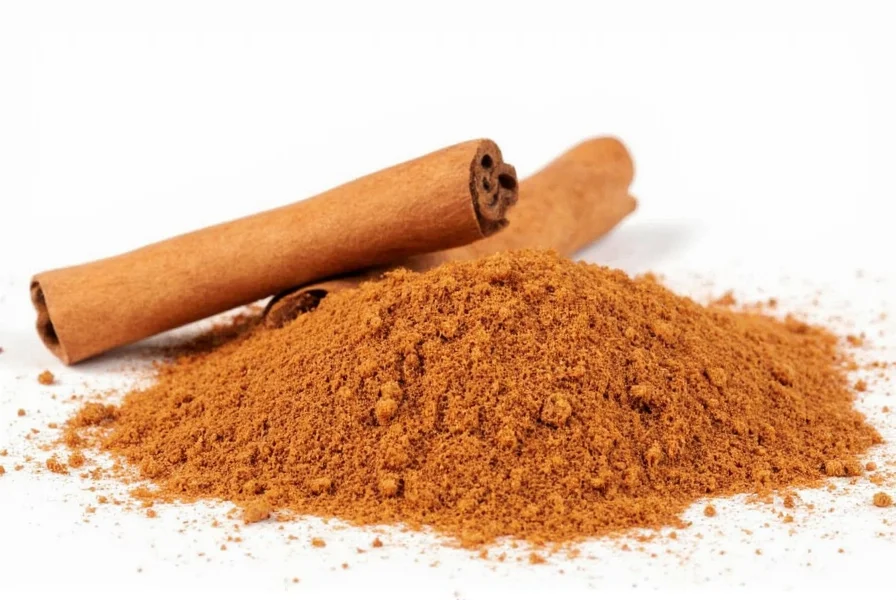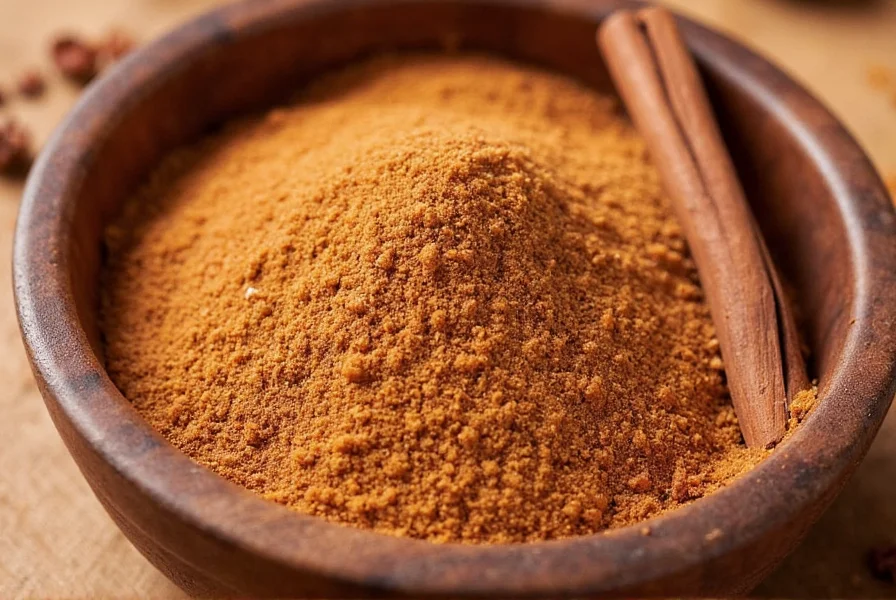When exploring is Ceylon cinnamon good for you, it's essential to understand how this "true cinnamon" differs from the more common Cassia variety. While both come from the Cinnamomum tree family, Ceylon cinnamon (Cinnamomum verum) originates from Sri Lanka and offers distinct health advantages with fewer risks.
What Makes Ceylon Cinnamon Different
Ceylon cinnamon's delicate, layered bark structure gives it a lighter color and more subtle flavor compared to the thicker, harder sticks of Cassia cinnamon. This seemingly minor difference has significant implications for health. The critical distinction lies in coumarin content—a natural compound that can cause liver damage in high doses. Ceylon contains only trace amounts (about 0.017g per kg), while Cassia contains up to 63 times more.

Science-Backed Health Benefits of Ceylon Cinnamon
Research suggests several potential health benefits associated with moderate Ceylon cinnamon consumption:
Blood Sugar Regulation
Multiple studies indicate Ceylon cinnamon may improve insulin sensitivity and help regulate blood glucose levels. A 2015 review in Nutrition Research Reviews found cinnamon supplementation significantly reduced fasting blood glucose in people with type 2 diabetes. This makes is Ceylon cinnamon good for diabetes management a relevant question for many consumers.
Antioxidant Properties
Ceylon cinnamon ranks among the most antioxidant-rich foods, with an ORAC value (oxygen radical absorbance capacity) of 267,536 μmol TE/100g. These antioxidants combat oxidative stress, potentially reducing risk factors for chronic diseases. When considering is Ceylon cinnamon good for heart health, these antioxidant effects play a significant role.
Anti-Inflammatory Effects
The compound cinnamaldehyde in Ceylon cinnamon demonstrates anti-inflammatory properties in laboratory studies. Chronic inflammation contributes to numerous health conditions, making this benefit particularly valuable for long-term wellness.
Important Safety Considerations
While generally safe, Ceylon cinnamon isn't risk-free:
- Recommended dosage: Most studies use 0.5-3 grams daily (about 1/4 to 1 1/4 teaspoons)
- Pregnancy: Consult your healthcare provider before regular consumption
- Medication interactions: May interact with blood thinners and diabetes medications
- Allergic reactions: Rare but possible, especially in those sensitive to cinnamon
| Characteristic | Ceylon Cinnamon | Cassia Cinnamon |
|---|---|---|
| Scientific Name | Cinnamomum verum | Cinnamomum cassia |
| Coumarin Content | 0.017g/kg (very low) | 1.0-63.0g/kg (high) |
| Flavor Profile | Mild, sweet, citrus notes | Strong, spicy, harsh |
| Bark Structure | Multiple thin layers | Single thick layer |
| Recommended Daily Limit | Up to 1.5 teaspoons | Less than 1/2 teaspoon |
Practical Usage Recommendations
For those wondering how much Ceylon cinnamon is good for you, consider these evidence-based suggestions:
- Add 1/4 to 1/2 teaspoon to morning coffee or tea
- Mix into smoothies or oatmeal for natural sweetness
- Use in place of sugar in baked goods (reduces overall sugar content)
- Combine with honey for a natural sore throat remedy
When purchasing, look for "Ceylon," "true cinnamon," or "Cinnamomum verum" on the label. Many products simply say "cinnamon" but contain Cassia. Premium health food stores and specialty spice retailers typically offer authentic Ceylon varieties.

Final Assessment: Is Ceylon Cinnamon Worth Incorporating?
Based on current research, Ceylon cinnamon appears to be a beneficial addition to a balanced diet when used appropriately. Its lower coumarin content makes it safer for regular consumption compared to Cassia, while still delivering the potential health benefits associated with cinnamon consumption. However, it's not a miracle cure—think of it as a complementary component to an overall healthy lifestyle rather than a standalone solution for health concerns.
Frequently Asked Questions
How much Ceylon cinnamon should I take daily for health benefits?
Research suggests 0.5-3 grams daily (approximately 1/4 to 1 1/4 teaspoons) provides potential health benefits without risk. Most studies showing blood sugar benefits used 1-2 grams daily. Start with smaller amounts to assess tolerance.
Can I use Ceylon cinnamon if I have liver concerns?
Yes, Ceylon cinnamon is generally considered safe for those with liver concerns because it contains minimal coumarin (unlike Cassia cinnamon). However, if you have significant liver disease, consult your healthcare provider before regular consumption.
Is Ceylon cinnamon effective for lowering blood sugar?
Multiple studies indicate Ceylon cinnamon may improve insulin sensitivity and help regulate blood glucose levels, particularly in people with type 2 diabetes. However, it should complement—not replace—standard diabetes management approaches.
How can I tell if I'm buying real Ceylon cinnamon?
Look for "Ceylon," "true cinnamon," or "Cinnamomum verum" on the label. Ceylon cinnamon sticks are thin, multiple-layered, and brittle. They're typically more expensive than Cassia. Reputable spice brands that specialize in single-origin spices are more likely to sell authentic Ceylon cinnamon.
Can I substitute Ceylon cinnamon for Cassia in recipes?
Yes, you can substitute Ceylon cinnamon for Cassia in most recipes, though you may need slightly more due to its milder flavor. The main advantage is you can use larger quantities safely because of Ceylon's minimal coumarin content, making it better for daily use in cooking and baking.











 浙公网安备
33010002000092号
浙公网安备
33010002000092号 浙B2-20120091-4
浙B2-20120091-4